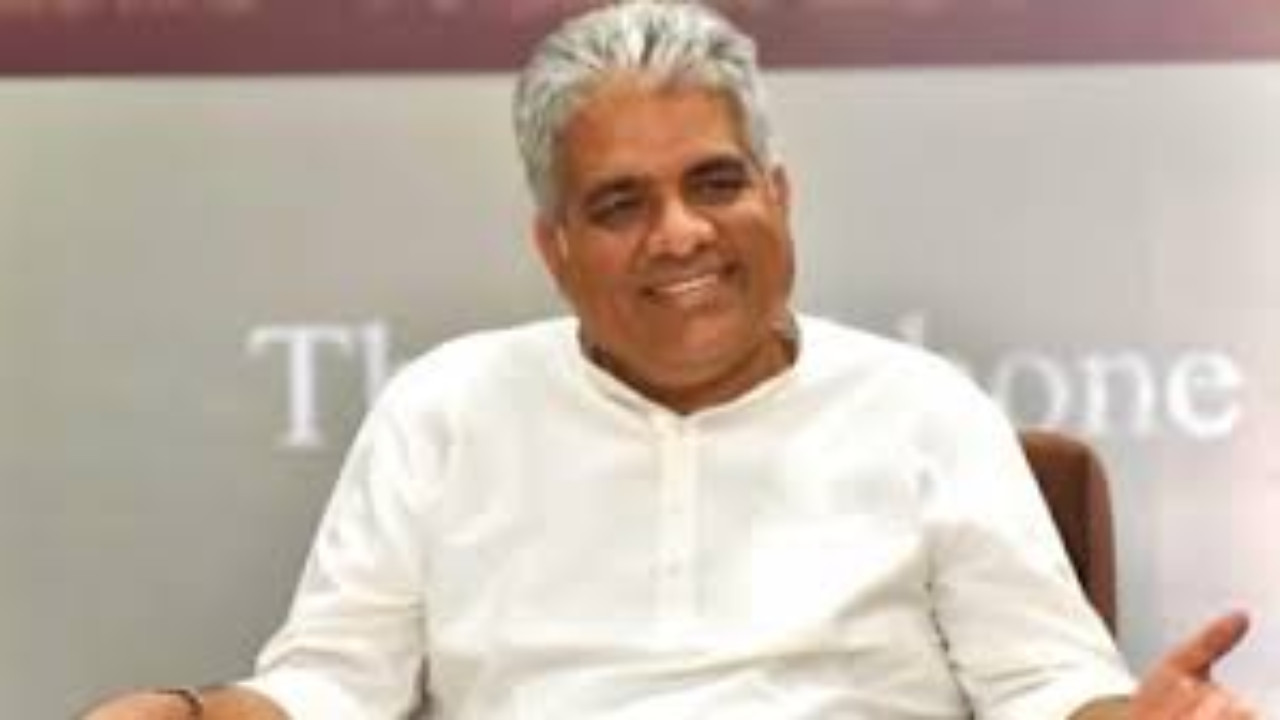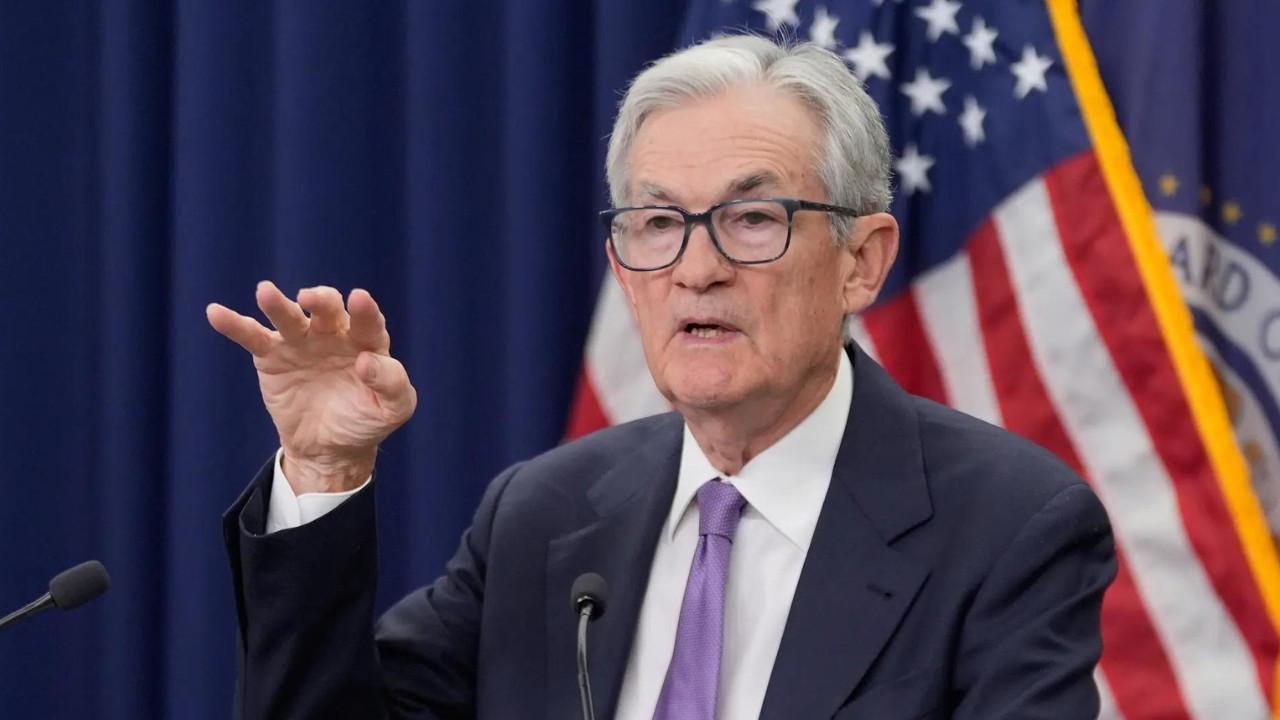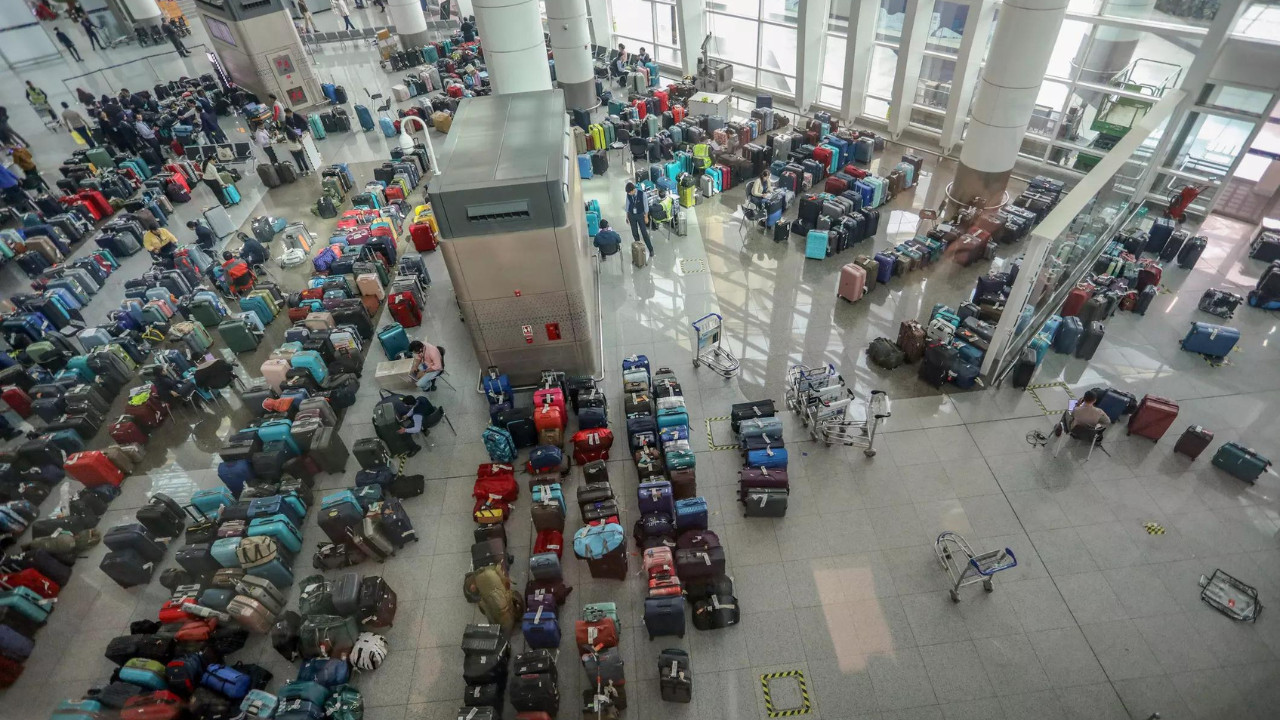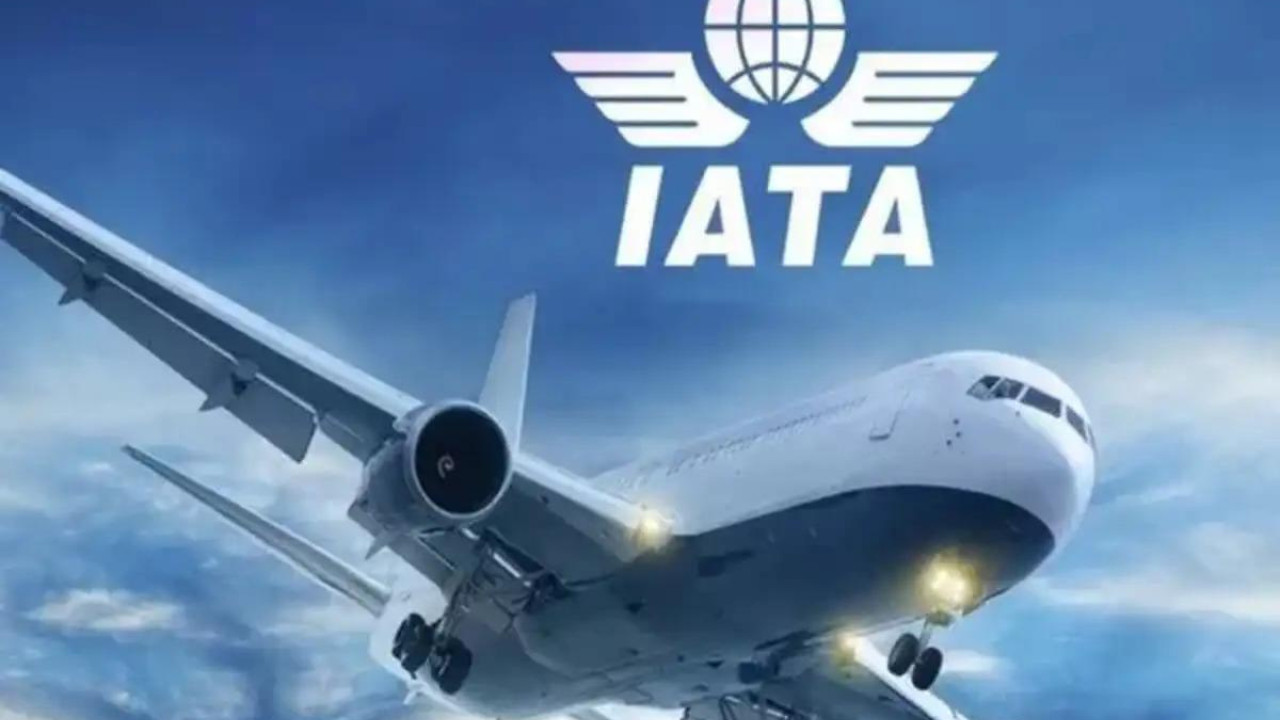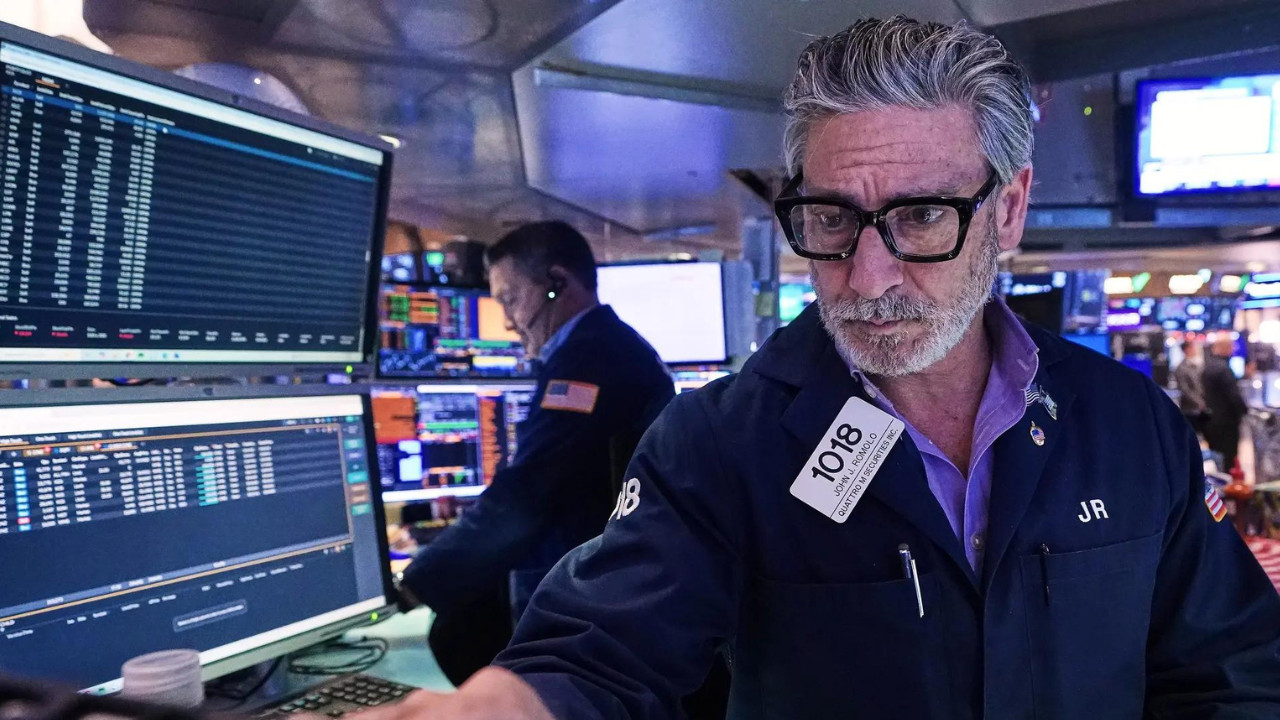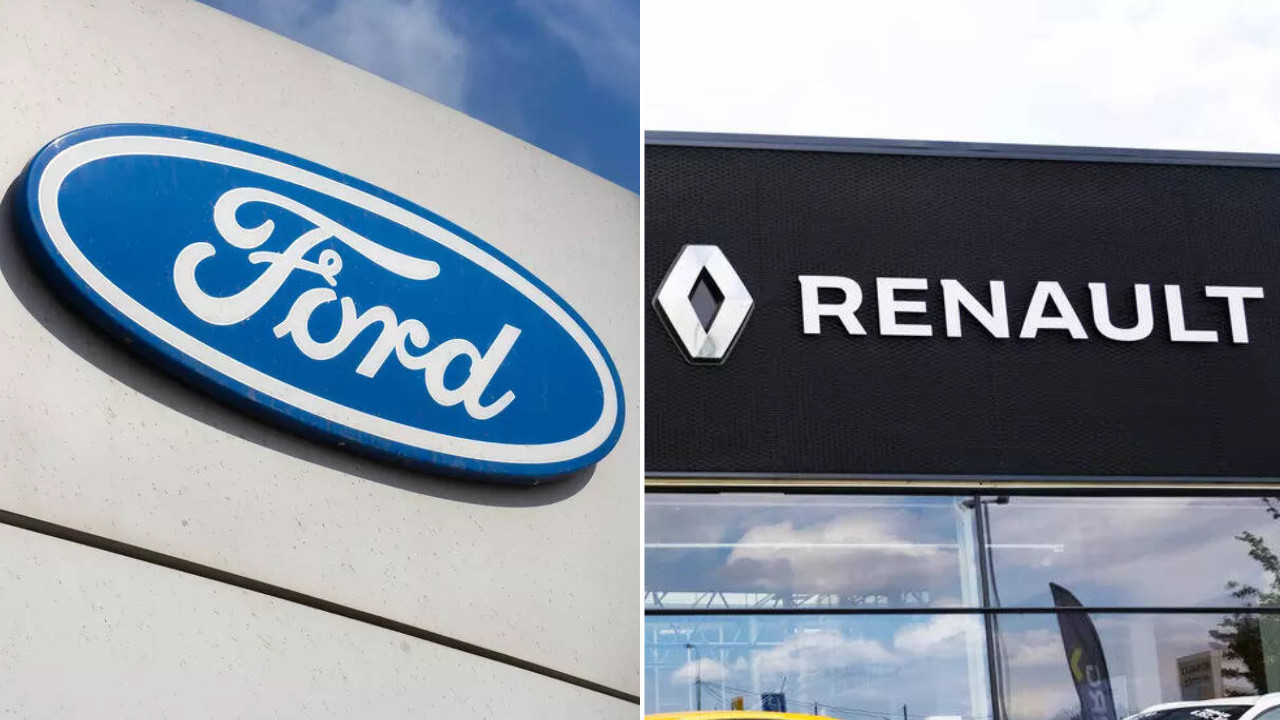India’s Environment Minister Bhupender Yadav will attend a crucial pre-COP meeting in Brazil, gearing up for COP30. Discussions will focus on bridging divides in climate finance, energy transition pace, and support for developing nations. India plans to submit an updated NDC and its first national adaptation plan, emphasizing equity and a just energy transition.
Heading to Brazil: India Takes a Proactive Stance on Climate Finance
The humid air of Brazil is about to become even more charged. India’s Environment Minister, Bhupender Yadav, is en route to engage in crucial pre-COP talks, setting the stage for the 30th Conference of the Parties (COP30) slated to be held in Belém, Brazil, in 2025. But what exactly is on the agenda, and why is this preparatory meeting so vital?
Think of it as a diplomatic dress rehearsal. This isn’t just a casual meet-and-greet; it’s a focused discussion to iron out potential sticking points and build consensus before the main event. The COP conferences are enormous undertakings, bringing together nations from across the globe, each with their own priorities and concerns when it comes to climate action. These pre-COP talks are essential for fostering cooperation and ensuring COP30 doesn’t get bogged down in procedural delays.

Climate Finance: The Elephant in the Room
Right at the forefront of the discussions is climate finance. This is where the rubber meets the road. Ambitious climate goals are fantastic, but they require significant financial resources to become reality. Developing nations, particularly, need assistance to transition to cleaner energy sources, implement adaptation measures, and mitigate the impacts of climate change. Developed nations have pledged to provide this support, but the actual delivery of these funds has often fallen short of expectations. Expect India to push for concrete commitments and transparent mechanisms for disbursing climate finance. The conversation isn’t just about how much money is on the table, but how that money will be accessed and used effectively to make a tangible difference.
Adaptation: Protecting Communities on the Front Lines
Beyond mitigation – reducing emissions – adaptation is another critical area. Adaptation refers to adjustments in ecological, social, or economic systems in response to actual or expected climatic effects. It involves strategies to moderate harm or exploit beneficial opportunities. For countries like India, which are already experiencing the devastating effects of climate change, from extreme weather events to rising sea levels, adaptation is not a future concern – it’s a present-day necessity.
The talks will likely delve into specific adaptation projects and technologies, focusing on solutions that are both effective and sustainable. This includes everything from developing drought-resistant crops to building resilient infrastructure. A key point of discussion is ensuring that vulnerable communities have the resources and knowledge they need to adapt to a changing climate. India has been particularly vocal on the need for global partnerships to share best practices and provide technical assistance in this area.
Why Brazil? Why Now?
Choosing Brazil as the host for COP30 is significant. The Amazon rainforest, a vital carbon sink, is located within its borders, highlighting the crucial role of forests in mitigating climate change. Furthermore, Brazil, as a major emerging economy, understands the challenges and opportunities that developing nations face in transitioning to a low-carbon future. Hosting the COP provides Brazil with a platform to showcase its own climate initiatives and to advocate for the needs of the Global South.
These pre-COP talks serve as a stepping stone towards a more collaborative and effective global response to climate change. By addressing key issues like climate finance and adaptation upfront, India and other participating nations are laying the groundwork for a successful COP30, and, more importantly, a more sustainable future for all. The outcome of these discussions in Brazil could significantly shape the trajectory of global climate action.
